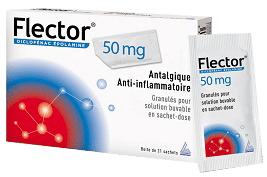The resumption of treatment cases by Pulsed Field Ablation (PFA) by Johnson & Johnson is generating increasing interest in the healthcare field. Despite this advancement, there are voices among analysts raising security concerns that could hinder the momentum of this innovative technology. The challenges related to acceptance and trust from healthcare professionals may significantly impact the dissemination of this promising method.
Johnson & Johnson revives PFA cases
The laboratory Johnson & Johnson is resuming activities related to Pulled Field Ablation (PFA), an innovative device for treating cardiac arrhythmia. This revival comes with significant promises regarding the safety and increased efficacy of this technique. However, market analysts express concerns about the security concerns that may hinder its future deployment. While the use of PFA technology offers a less invasive treatment compared to traditional cardiology methods, doubts remain about the management of associated risks.
Security concerns and their impact
Recent events related to potential complications during PFA procedures have heightened the vigilance of health regulators and healthcare professionals. Analysts highlight that this escalation of security concerns could actually slow down the widespread adoption of this device by healthcare facilities. Hospitals and clinics may show reluctance to integrate this treatment method, fearing that it could compromise patient safety.
The future of PFA devices in healthcare
Despite the warnings, the prospects for PFA remain promising, with several clinical trials underway aimed at validating its long-term effectiveness. Experts are now questioning how Johnson & Johnson will present reassuring data to counter the security fears and restore the trust of consumers and healthcare professionals. The success of this revival will depend on transparent communication and compelling results regarding the treatment’s safety, a key factor in convincing the market to adopt it.













